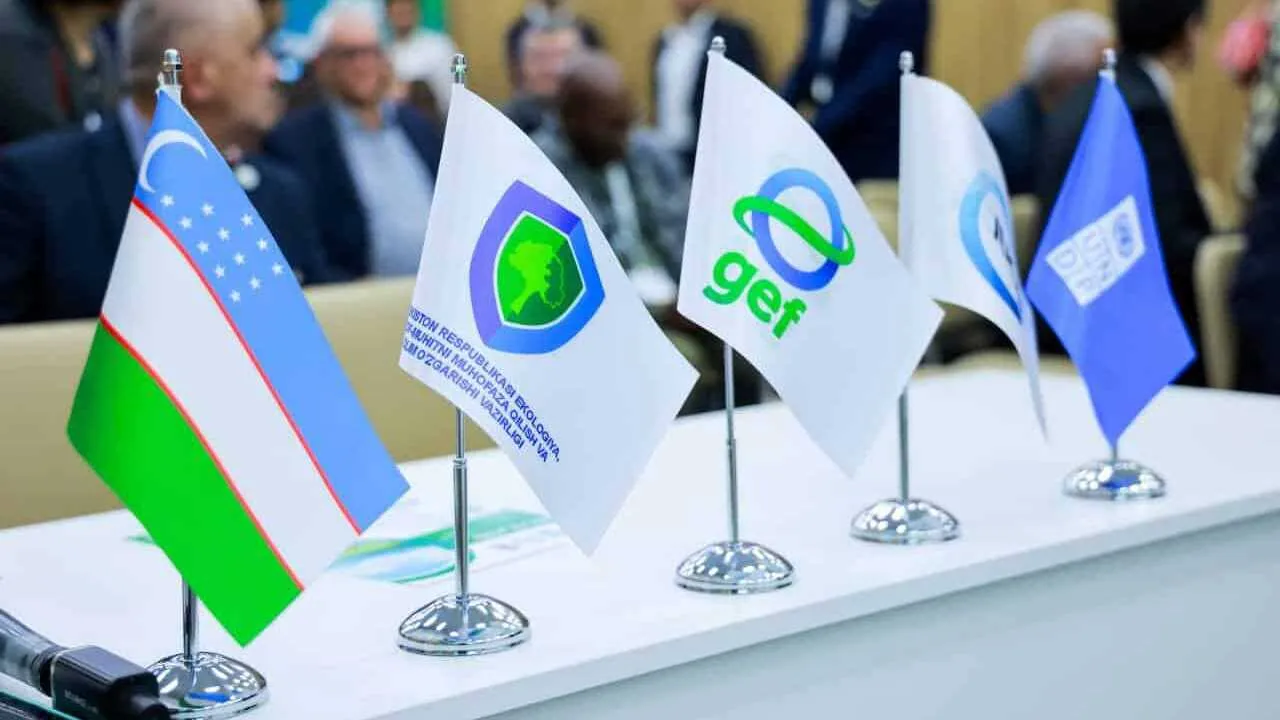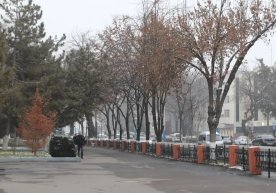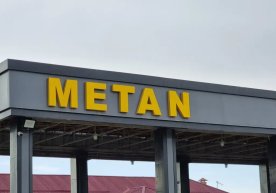Global EcoFund to Allocate $6.1 Million to Uzbekistan

The Global Environment Facility (GEF) will allocate $6.1 million to Uzbekistan for projects aimed at environmental protection, reported Kursiv Uzbekistan correspondent.
As part of the GEF-8 program, the grant agreement and official launch of the "Comprehensive Management and Restoration of Valuable Landscapes in Uzbekistan" (EcoLand) project were held during the Conference of the Parties to the Convention on International Trade in Endangered Species of Wild Fauna and Flora (CITES). The main objective of the EcoLand project is to scale up integrated approaches to restore and protect ecosystems in three critical landscape clusters in Uzbekistan.
This initiative combines efforts to ensure sustainable land resources management, nature conservation, mitigation of the adverse effects of climate change, and the engagement of local communities. Deputy Chairperson of the National Committee, Jusipbek Kazbekov, emphasized, "Uzbekistan is committed to restoring its valuable landscapes and preserving biodiversity for future generations.
This project is a significant step on our path to ecological reforms.” The project will cover six regions and ten pilot districts in Uzbekistan, aiming to protect the country's most critical natural landscapes. The regional projects focus on improving the management of natural areas across 1.3 million hectares, enhancing their sustainability, and creating equal opportunities for ecological benefits for local populations.
EcoLand addresses three types of ecosystems and introduces comprehensive management mechanisms by involving all stakeholders. It also tests mechanisms for financing biodiversity, including innovative financial instruments.
As part of the project, "green" investment products and biodiversity credits will be utilized. Special attention will be given to involving women, youth, and vulnerable groups in decision-making processes.
During the event, a memorandum of intent to jointly implement the EcoLand project was signed between the National Committee for Ecology and the United Nations Development Programme (UNDP). The presentation provided information on Uzbekistan's ecological reforms, including measures to improve environmental management, restore degraded areas, protect biodiversity, and sustainably manage water and land resources.
UNDP’s ERIP project initiatives to restore primary biological areas, develop nature-based tourism, and introduce mechanisms to support local communities, considering gender aspects, were also highlighted.





















